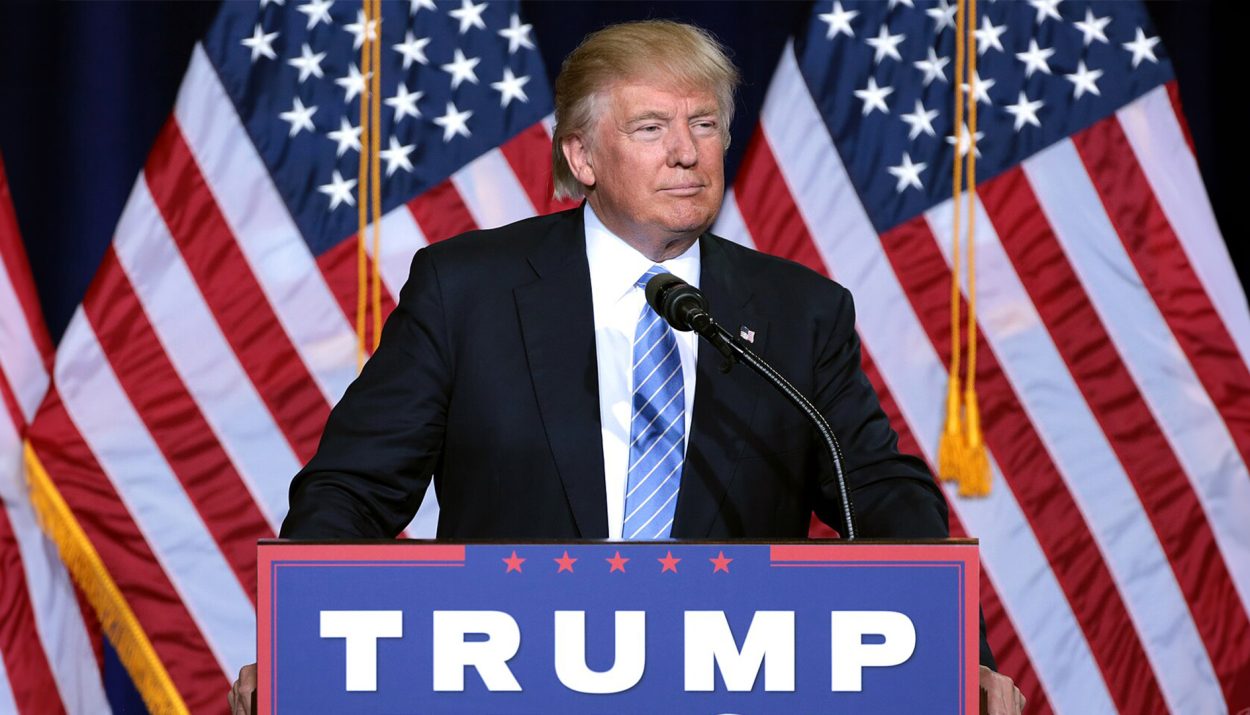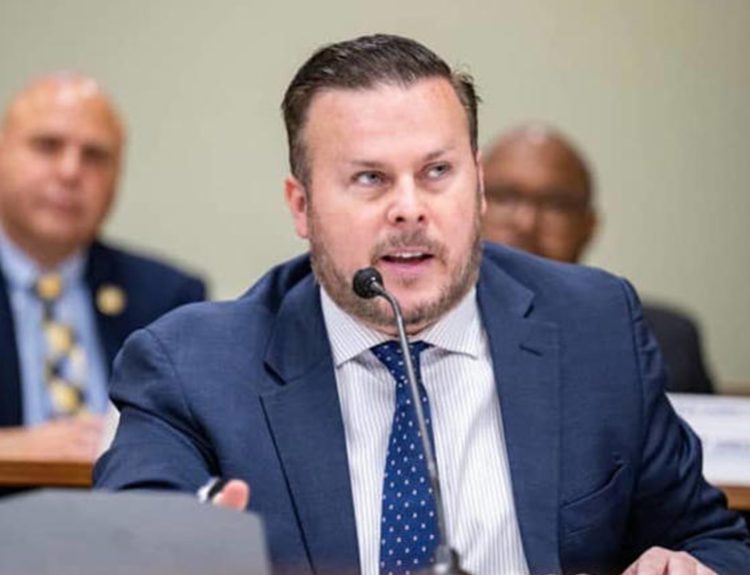Just when things were starting to turn around for Donald Trump, the former President and current Republican candidate was humbled by a judge’s decision in his New York civil fraud case – a decision that could spell trouble if things don’t go Trump’s way. Here’s everything you need to know!
Trump Initially Ordered To Pay $464 Million
On February 16, Trump and his co-defendants (which includes his two sons, Donald Trump Jr. and Eric Trump) were ordered to pay a combined $464 million (plus interest) for falsifying real estate and net worth valuations to obtain favorable loan and insurance rates.
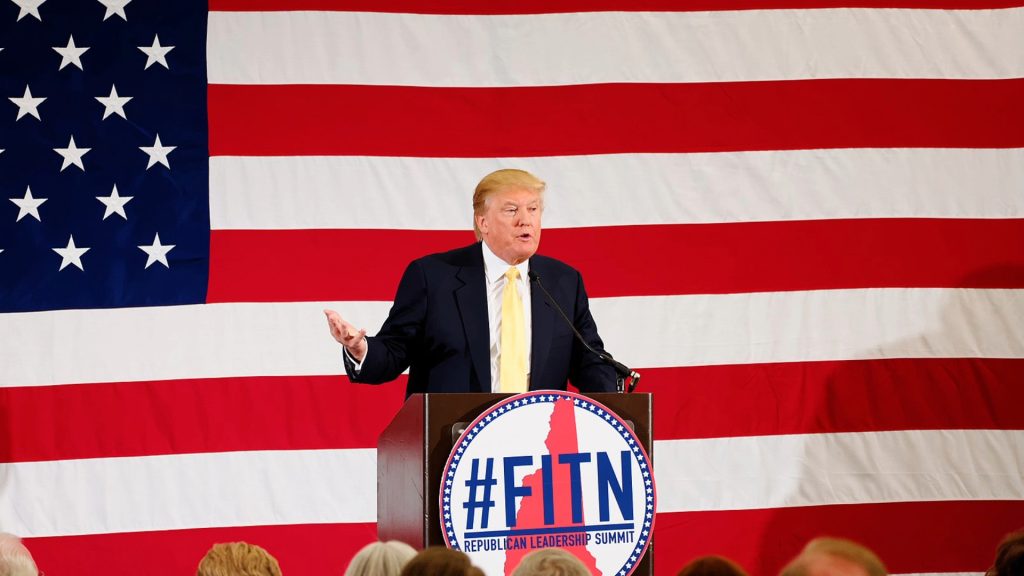
Justice Arthur Engoron of the state court in Manhattan made the decision, and he gave Trump until March 25 to pay the bond. If it weren’t paid by then, the city would’ve been able to start seizing his properties.
Temporary Bond Reduced To $175 Million
On March 25, the day his bond was due, a New York appeals court agreed to hold off on collecting the $454 million bond if Trump posted a $175 million bond within 10 days. He would still owe the full amount, but the $175 million bond would give him the ability to appeal.
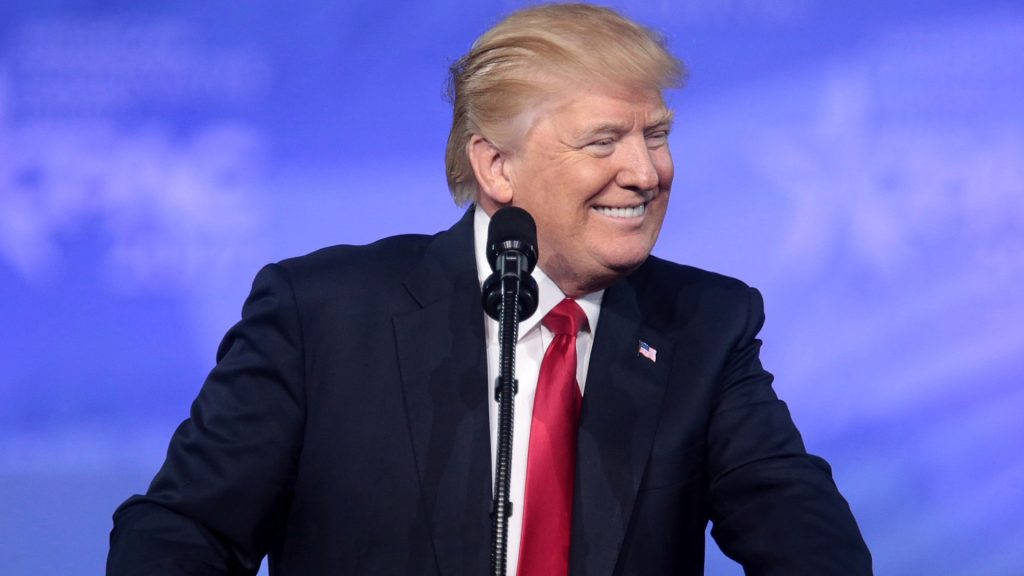
Trump posted the bond on April 1, meaning Attorney General Letitia James couldn’t begin seizing his property or taking any other action until the appeals process concludes. It comes less than a month after he posted a $91.6 million bond in the E. Jean Carroll defamation case.
Bond Underwritten By Knight Specialty Insurance Company
After struggling to find an insurance company willing to cover his bond, Trump was approached by Don Hankey – owner of Knight Specialty Insurance Company. The supposed ‘king of the subprime car loan’ agreed to give Trump what he was looking for.

“As promised, president Trump has posted bond,” Trump’s attorney, Alina Habba, told ABC News in a written statement. “He looks forward to vindicating his rights on appeal and overturning this unjust verdict.”
Trump Posts Updated Bond With Further Information
On April 4, Trump and his co-defendants posted an updated bond – as directed by the New York Supreme Court clerk – that provided more details and information about the insurance company’s financials and certified the accuracy of the bond

Unfortunately for Trump, many experts were concerned about a few glaring issues with the bond. For example, the insurance company have a certificate from the Department of Financial Services saying they could post a bond, and the company wasn’t listed on the DFS website.
New York Attorney General’s Office Needs More Proof
On Thursday (April 5), AG Letitia James filed a ‘notice of exception to the sufficiency of the surety,’ claiming Trump’s updated bond didn’t provide enough information to validate the bond. In order to move forward, the company needs to prove they can afford the bond.

“Defendants or KSIC shall file a motion to justify the surety within 10 days of the service of this notice, failing which the bond shall be without effect, except that the surety shall remain liable on the bond until a new undertaking is given and allowed,” the notice read.
Trump Has 10 Days To Validate Bond
Trump and his co-defendants now have another 10 days to prove the bond’s validity. If they fail to do so, the bond will be considered ‘without effect’, and Trump will be forced to continue his search for a valid bond.
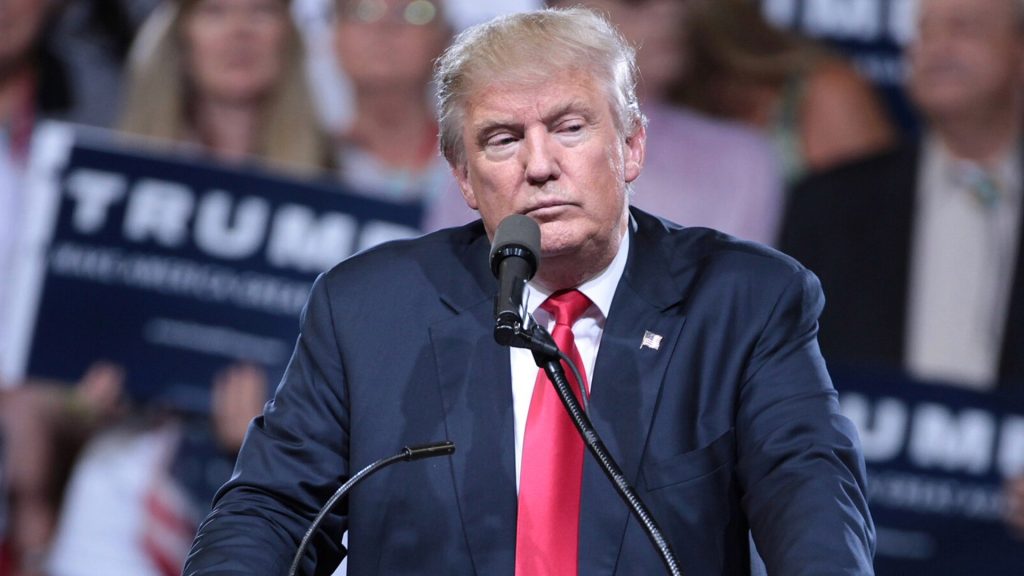
“After hiding out in silence following an embarrassing loss in the First Department, which does not bode well for the future of her baseless and vindictive political crusade, the attorney general now seeks to stir up some equally baseless public quarrel in a desperate effort to regain relevance,” Trump said.
Bond Continues To Accrue Daily Interest
While Trump and his co-defendants were ordered to pay $464 million—$454 million of which is on Trump—that amount didn’t account for interest, which is added daily. The longer it takes Trump to appeal, the larger his number becomes.

According to Forbes, Trump’s total accrues at a nine percent interest rate each year, which equates to more than $110,000 per day for Trump—or an extra $1 million every nine days. And that interest won’t stop until Trump fully pays the amount.
Insurance Company Only Has Surplus Of $138 Million
Another interesting fact about the bond, which James criticized, was the insurance company’s lack of collateral. In the updated bond, Knight listed a surplus of just $138 million—which is $37 million less than the bond itself.

That basically means the insurance company would be wiped out of all cash if Trump couldn’t pay the bond when it came time to do so—or if the bond wasn’t fully secured through collateral. If that were the case, it would certainly make this case a lot more interesting.
Trump’s Two Sons Are Listed As Co-Defendants
Donald Trump isn’t the only one in his family being accused of falsifying business records. His two sons, Eric Trump and Donald Trump Jr., are also listed in the civil case – and have both been punished by the same judge as their father.

While the former President absorbed the majority of the blow – $454 million of the $464 million total – both of his sons were ordered to pay roughly $4.7 million each, while Trump’s former chief financial officer, Allen Weisselberg, was ordered to pay $1.1 million.
Prohibited From Running NY Company For Three Years
As part of Judge Engoron’s initial decision, Trump and his sons were barred from running a New York company – an order that remains in effect for three years (for Trump) and two years (for both of his sons). That means none of them are allowed to manage the company until at least 2026.
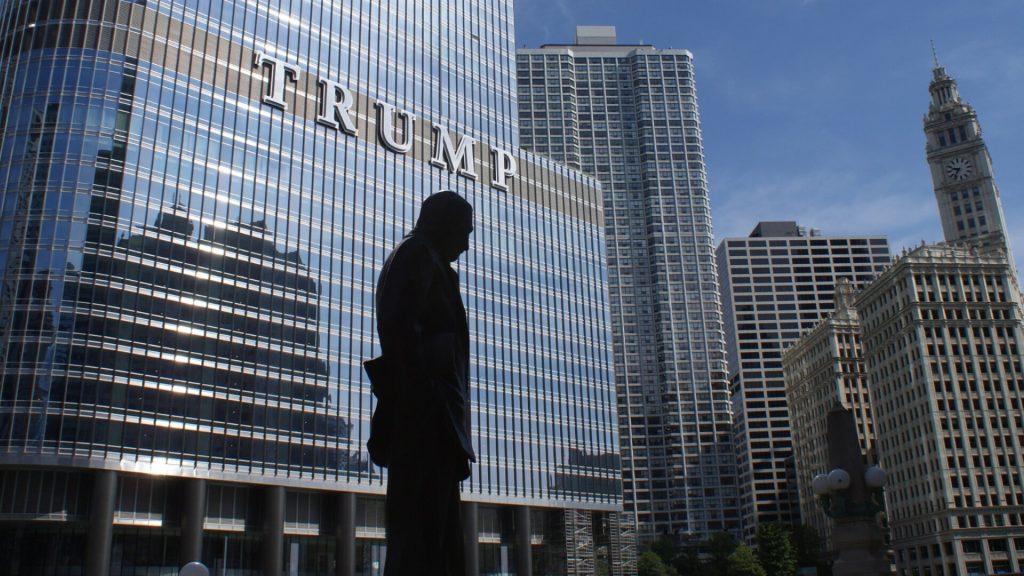
“Indeed, Donald Trump testified that, even today, he does not believe the Trump Organization needed to make any changes based on the facts that came out during this trial,” Engoron wrote in February. “Their complete lack of contrition and remorse borders on pathological.”
What Happens Next In Trump’s Civil Case?
As of right now, a hearing is scheduled for April 22 and Trump has less than 10 days to prove the validity of the bond. If he can, then he and his legal team can move forward with the appeal. If he can’t, then he will be forced to find another insurance company.

Meanwhile, Trump’s legal team is describing the case as another ‘witch hunt’ in an effort to keep the former President out of office in 2025. Christopher Kise, Trump’s attorney, called the latest demand from the Attorney General a ‘baseless public quarrel in a desperate effort to regain relevance.’
Trump Has A Criminal Trial Starting April 15
Of course, Trump’s civil case might be the least of his worries right now as he prepares for the start of his first (of four) criminal cases brought against him over the past few years. First on that list is his ‘Hush Money’ case – which is also set in New York.

That trial is set for April 15. Trump is facing 34 felony counts for falsifying business records in the first degree – he was accused of falsifying business records in connection with a payoff to Stormy Daniels, whom he had an alleged affair with.
Still Doing Well In Election Polls
Despite the various civil and criminal cases (91 felony counts in total), Donald Trump continues to put pressure on Joe Biden in a critical election year. Will Biden maintain his seat in the White House or will Trump secure a second (non-consecutive) presidential term?
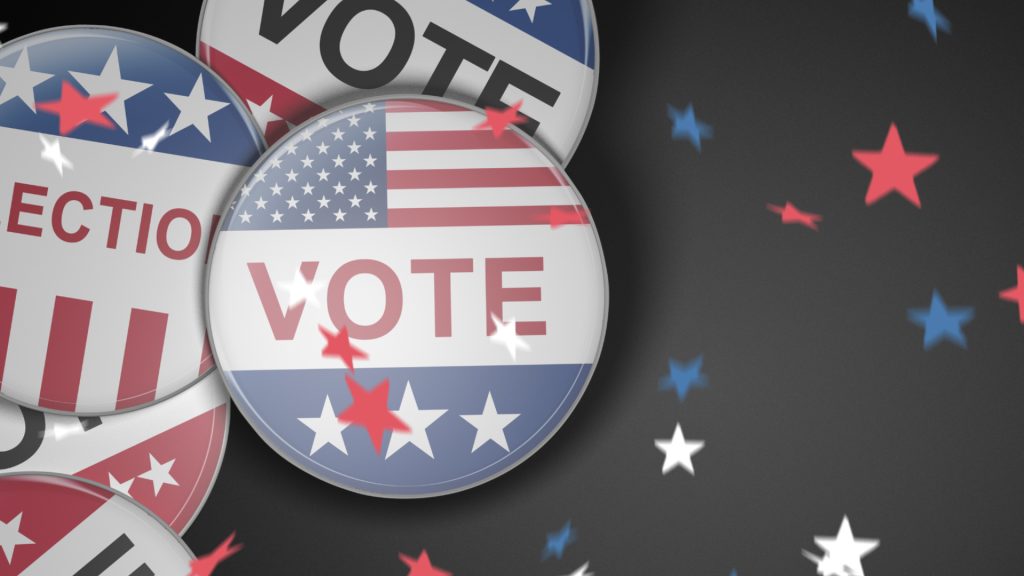
As of right now, Trump appears to have a slight lead over Biden in most polls across the country. He’s also gaining steam in several key battleground states – which could help spell the difference in this year’s election. We’re only seven months away!

